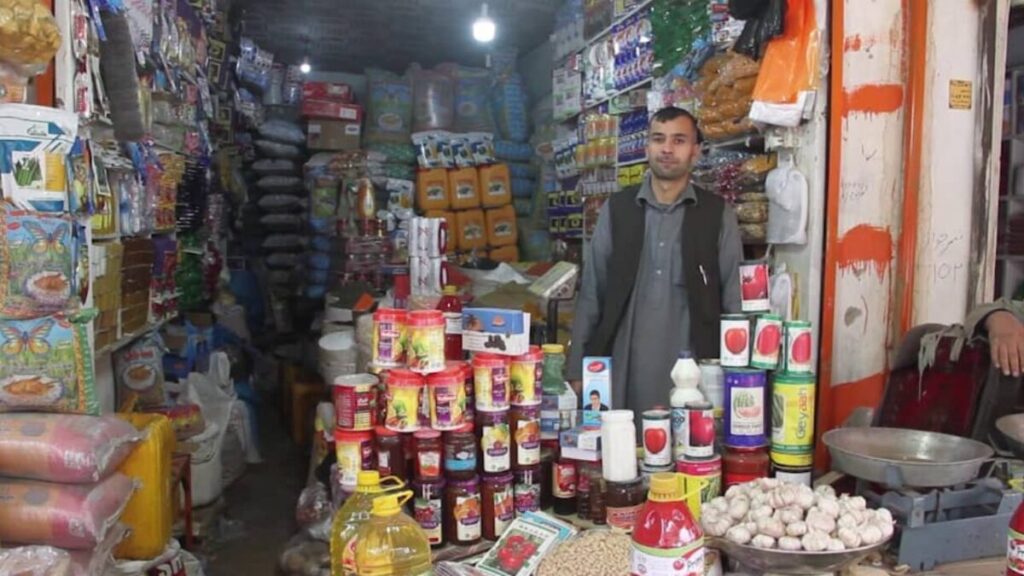Residents of Kunduz province have raised concerns over a significant increase in food prices during Ramadan, noting that they are compelled to pay more for essentials compared to other times.
According to locals, the cost of various food items has risen by 30 to 50 Afghanis, attributing the surge to traders exploiting the situation. “In other countries, prices fall and discounts are offered during Ramadan, but here, traders hike prices,” explained Mohammad, a Kunduz resident.

The price hikes come amid escalating unemployment rates and dwindling incomes across the country. “Everything is more expensive at the market now,” stated Aziz Khan, another local.
Recent data indicates that the price for 50 kilograms of flour climbed from 1,630 Afghanis to 1,650 Afghanis; 24 kilograms of rice went from 2,650 Afghanis to 2,570 Afghanis; and the cost for 7 kilograms of oil rose from 460 Afghanis to 480 Afghanis, with 14 kilograms of oil increasing from 1,420 Afghanis to 1,450 Afghanis during Ramadan.

“The spike in prices is unbearable for Kunduz’s residents, myself included,” Milad, a resident, expressed. Mohammad Rafiq, another local, lamented the doubling price of wheat quarters from 50 to 100 Afghanis, highlighting the general price inflation of food items.
Shopkeepers and store owners admit to facing higher purchase prices from wholesalers. “If traders sold to us at lower rates, we’d do the same,” Mohammad Khan, a shopkeeper, suggested, asking for restraint from traders during the holy month.

Officials from the Kunduz Chamber of Commerce and Investment pointed out that the Taliban has established fixed prices for food materials, emphasizing that any violation would result in penalties, including recommendations as initial sanctions.
This issue emerges as the United Nations continues to warn about severe humanitarian challenges in Afghanistan, where over half the population struggles to access sufficient food.





